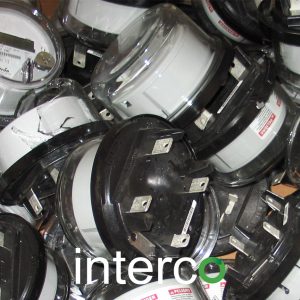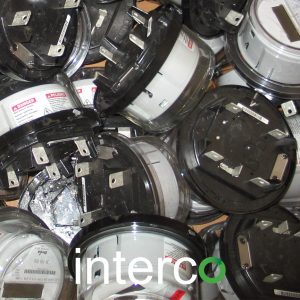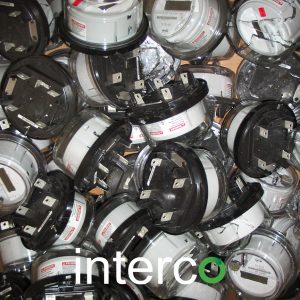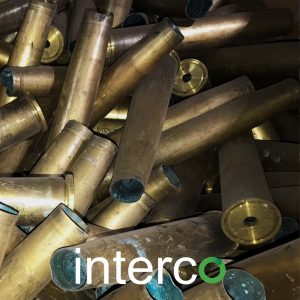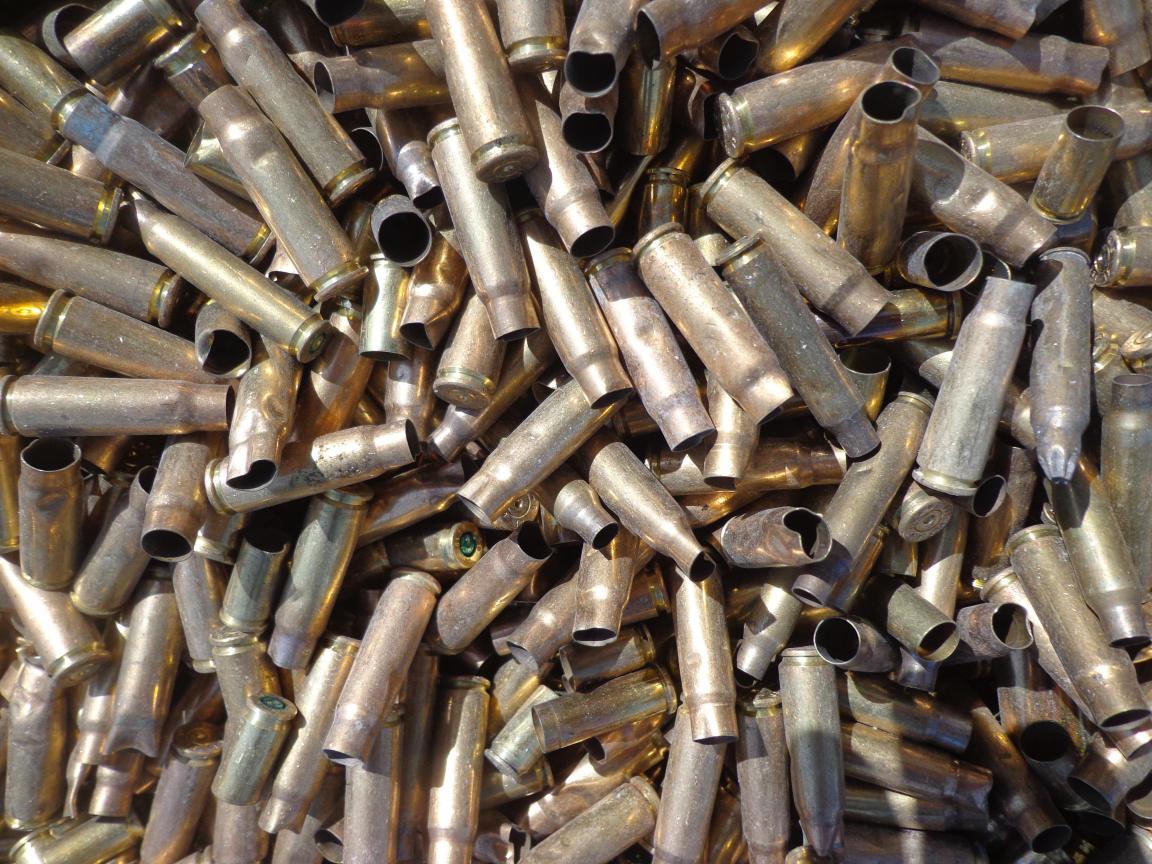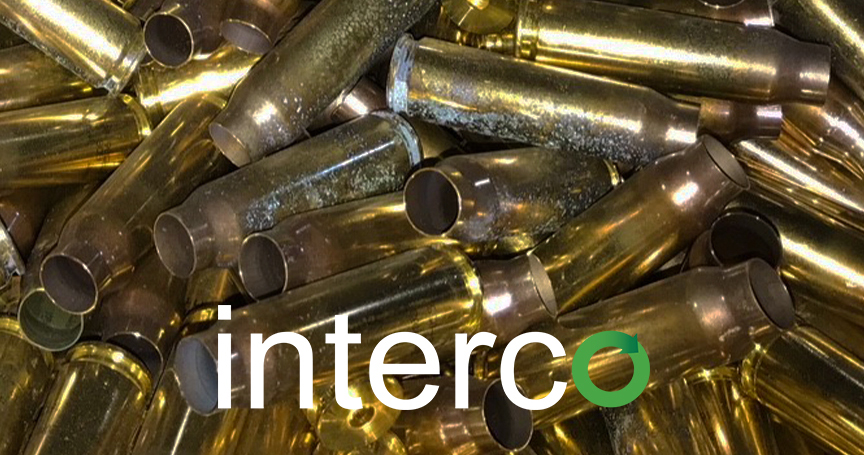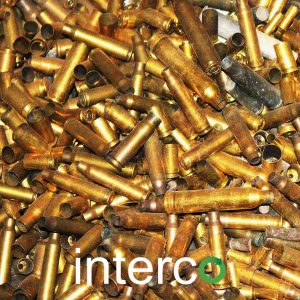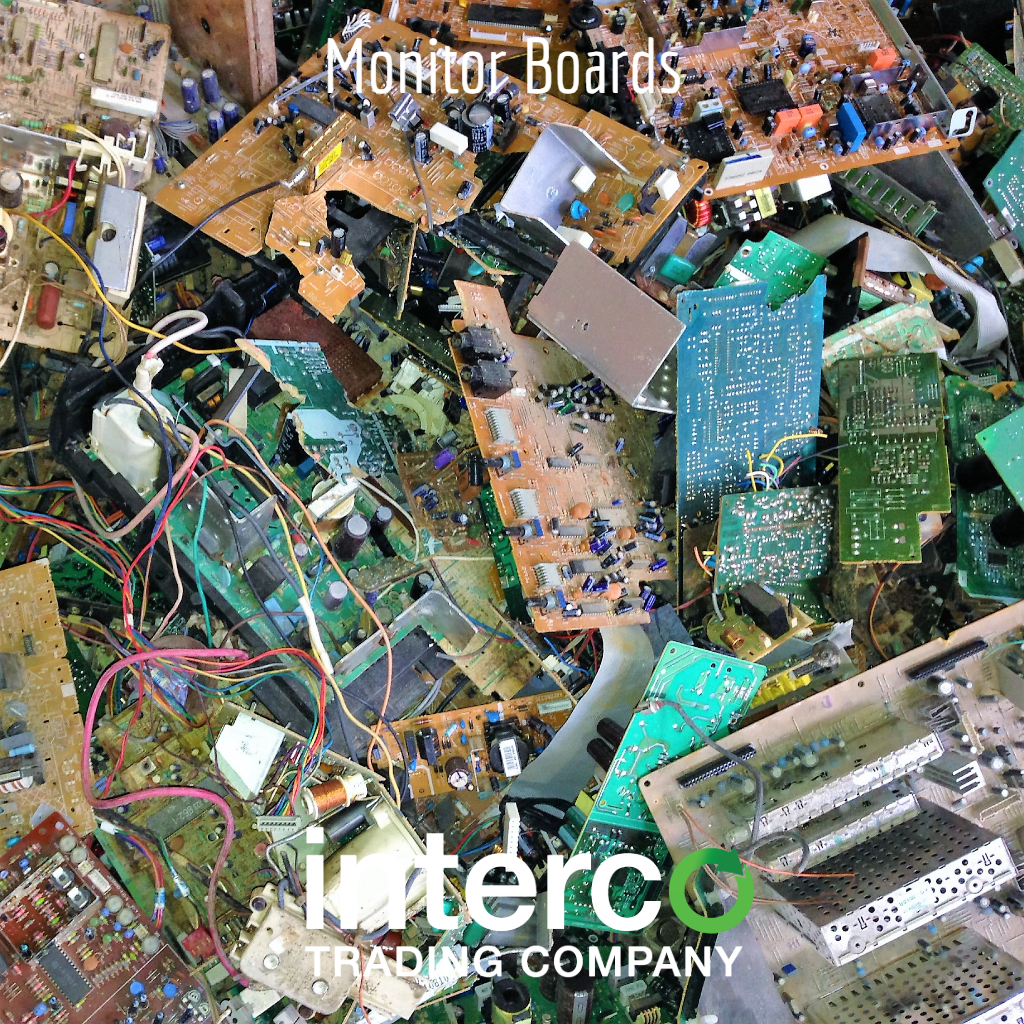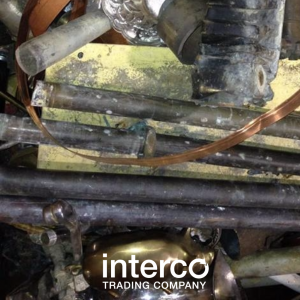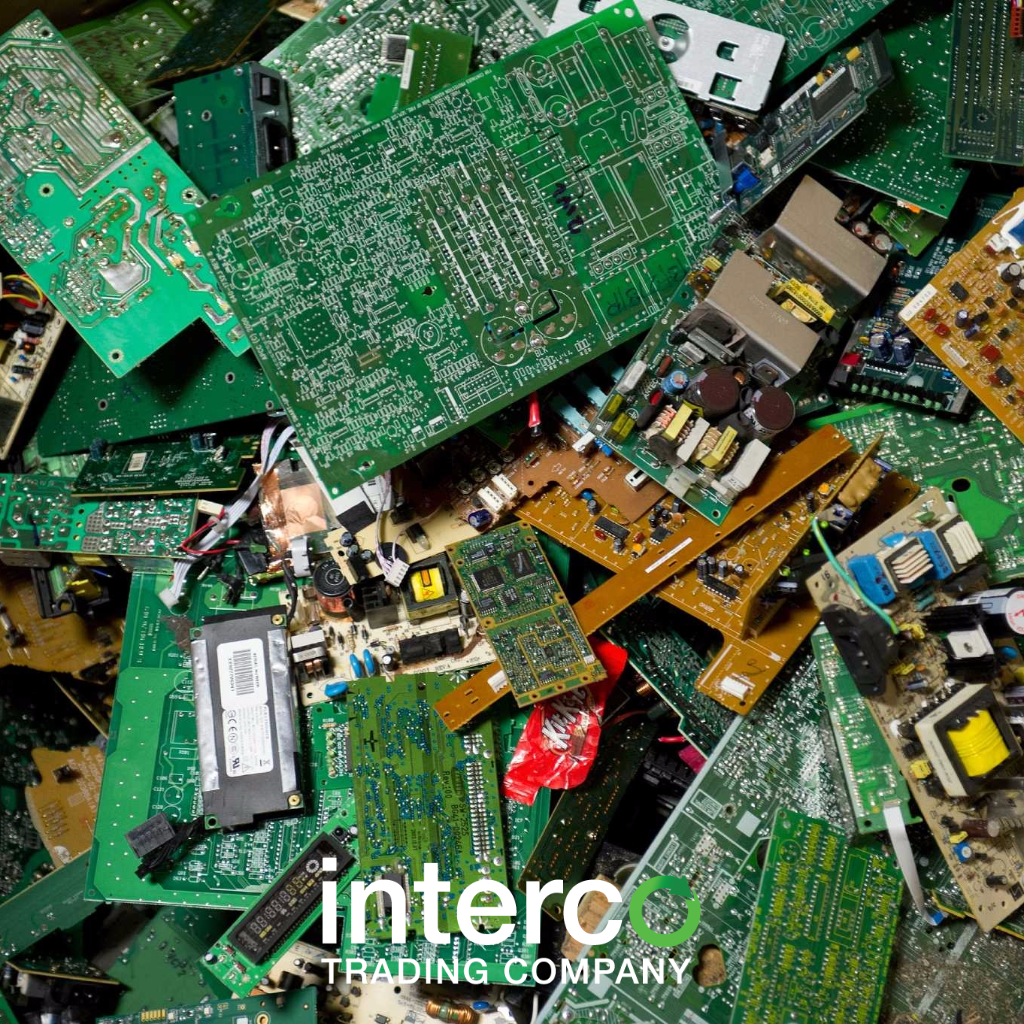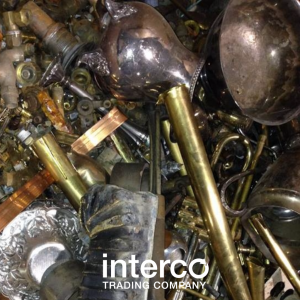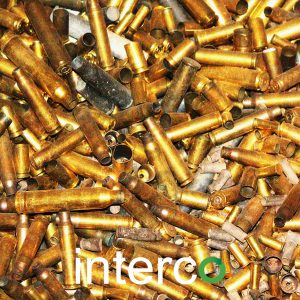Businesses recycle laptop computers because it is responsible to do so. Currently, the critical measure of technology makes it necessary for businesses to swap out older computers on an even more frequent basis than before. Advancements in technology happen constantly, which means laptop recycling in Indiana is essential. In addition, being aware of the altering times and changing technology turns into a necessary practice for businesses.
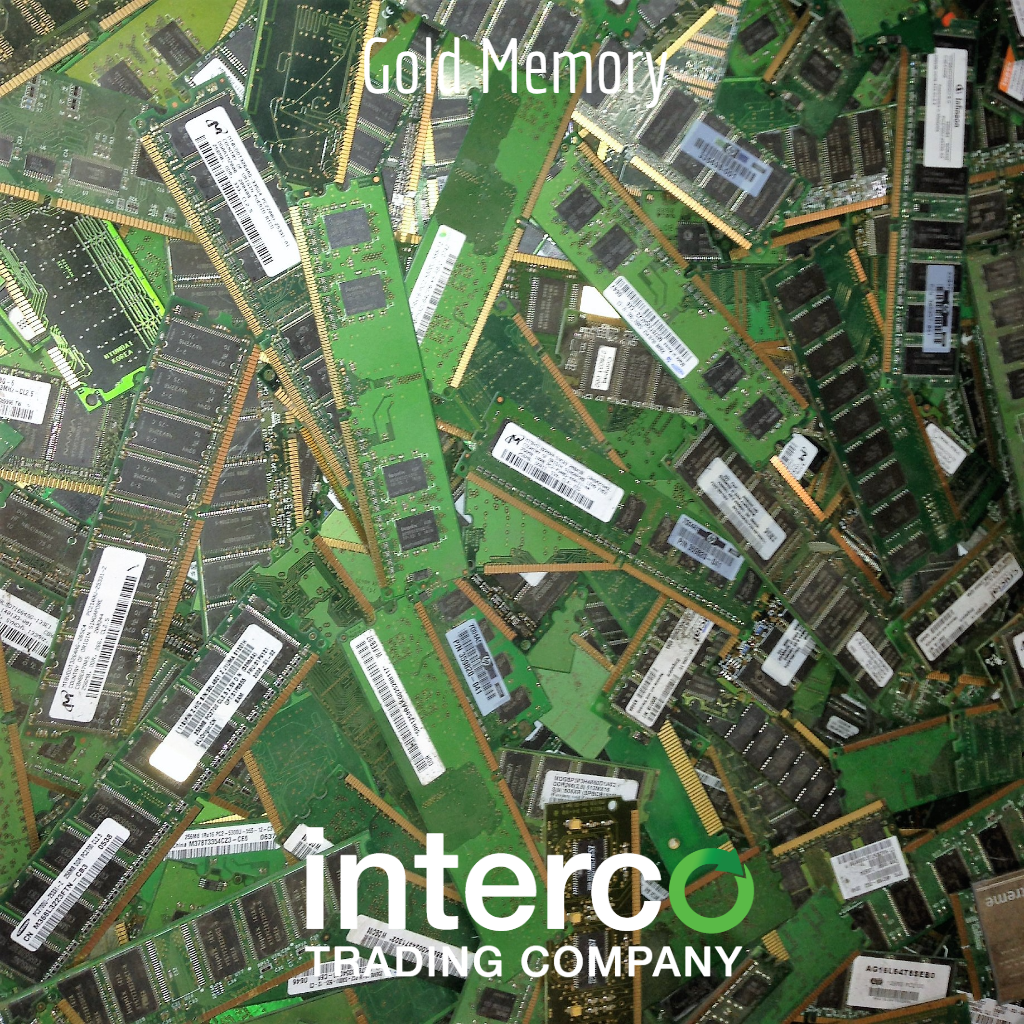
The consistent changes in technology create a lot of e-waste. The stockpile of old computers and peripherals continues to grow. Likewise, the need to responsibly dispose of these electronics grows as well.
According to an investigation by the United Nations, the worldwide system amassed about 44.7 million tons of scrap computer systems and electronics e-waste in 2016. Unfortunately,customers and businesses recycled just 20% of it. In that same calendar year Interco recycled more than 25,000 tons of computers and electronics.
As a result of the significant amount of e-waste, laptop recycling in Indiana turns into a more necessary process. Rather than landfilling e-waste, responsible companies must consider its lasting impact on the environment. Interco helps prevent large businesses from adding to e-waste and can help them recycle laptop computers.
How to Recycle Laptop Computers
The process for laptop recycling in Indiana starts when Interco purchases e-scrap from businesses. These are the steps utilized to recycle laptops:
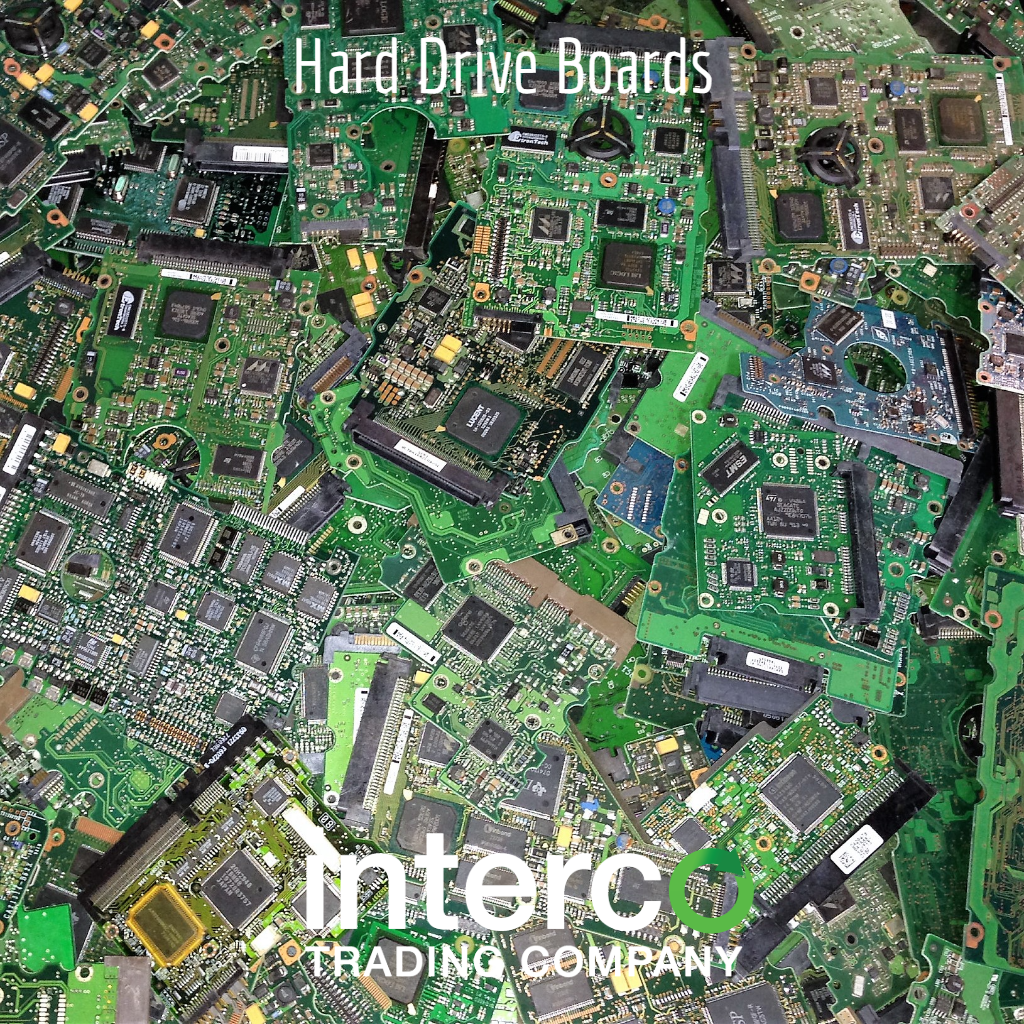
- Use tools to dispose of glass, plastics, and other contaminants
- Remove batteries, circuits, and wiring
- Extract nonferrous metals
- Prepare to sell precious metals
- Cautiously dispose of contaminants
Moreover,the need for businesses to recycle laptops develops always. The components inside computers and screens may cause many problems to the environment if not disposed of safely. Despite just landfilling thee-waste, there might be difficulties in the procedure of laptop recycling in Indiana. Recyclers melt away the clear plastic material covering off metal cables.
This process enables recyclers to separate the copper inside from the plastic. Separating the more valuable industrial metals from the cheap plastic makes better sense. This procedure allows smelters to employ the isolated metal in order to form new pure ingots.
Therefore, the disposing of the residual plastic waste must be done in a smart and safe manner. If not, it will cause harmful materials to enter the soil and water in the area. Interco is a certified R2v3 recycler. The high R2 standard ensures that recyclers take the time to dispose of e-scrap in a safe, environmentally friendly way.
Why Recycle Laptop Computers
The benefits of laptop recycling in Indiana go farther than stopping hurtful elements from entering the environment. Extra benefits of recycling laptops include:
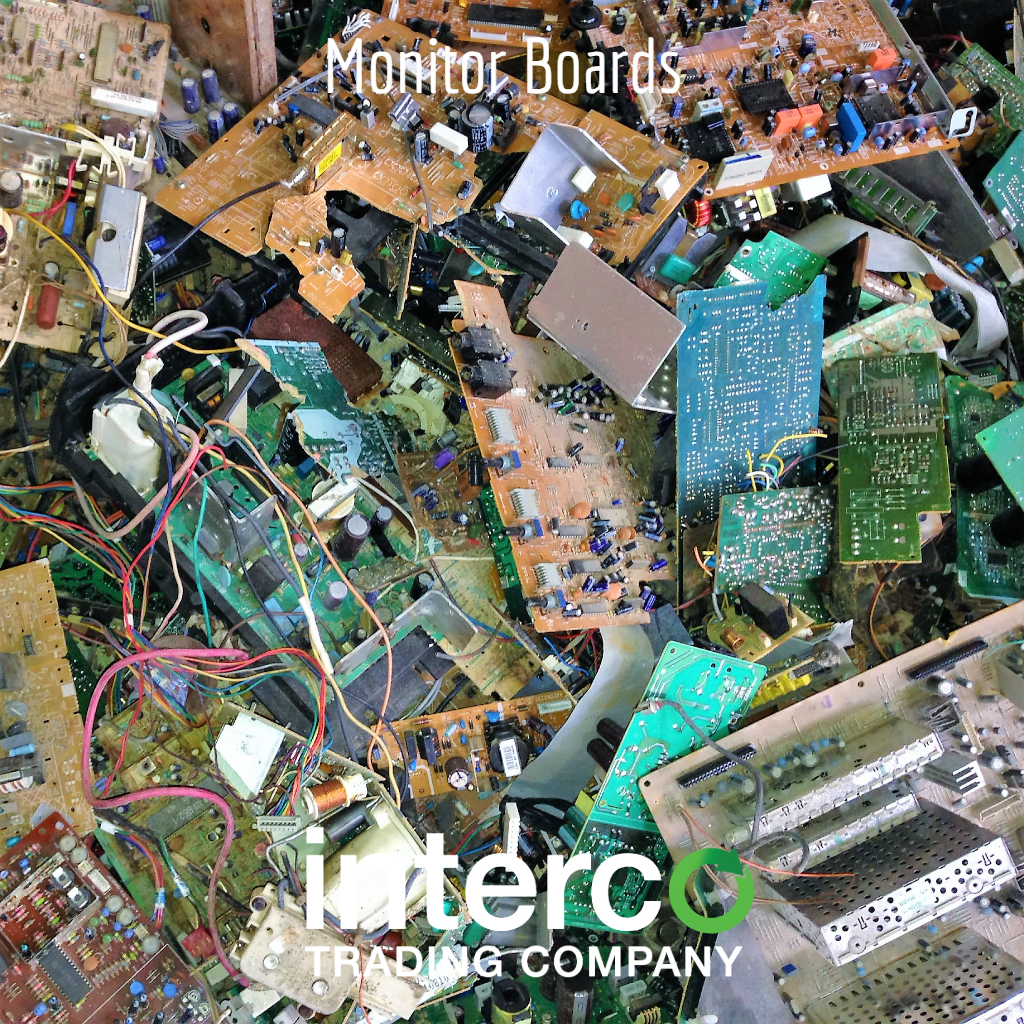
- Improved overall health of the environment
- Creation of more job opportunities
- Reduction of required landfill space
- Conservation of several raw materials
Most importantly, safely discarding e-waste guarantees the preservation of raw materials. Precious and industrial metals pulled from laptops include gold,silver, and copper. As indicated by Federico Magalini, an expert,up to 80 times as much gold exists in one ton of cellphones as exists in a single gold mine. Interco will consistently recycle laptops to stop the growth of worldwide e-waste.
Conclusion
In conclusion, businesses must recycle laptops. E-waste continues to be a critical problem for the worldwide environment. With such a high measure of e-waste and a small percentage of it being recycled, responsible businesses must find the right e-waste recycler. Interco has been recycling computers and electronics since 1996 and has become one of the leading recyclers of laptop computers in North America. Click here for more data on recycling computers, electronics, and other nonferrous material.
